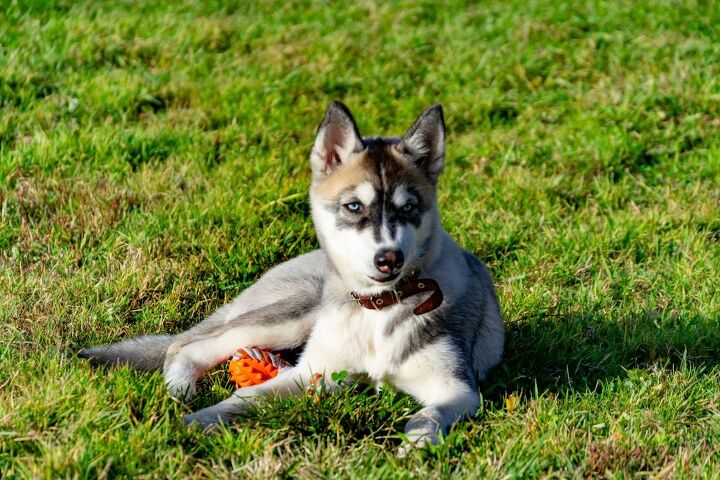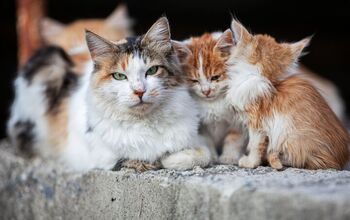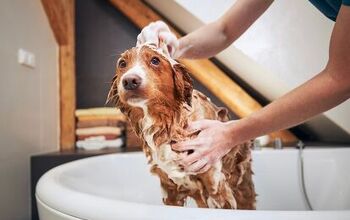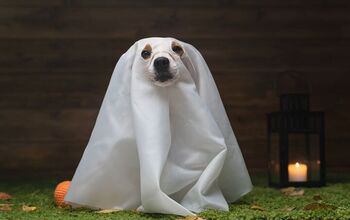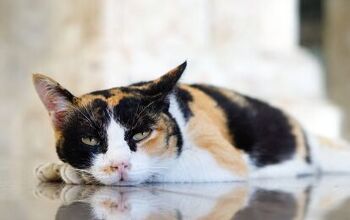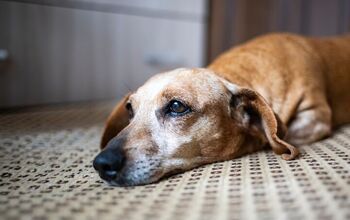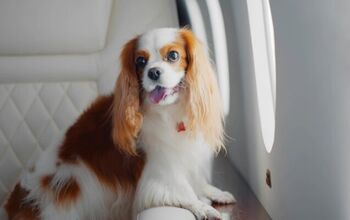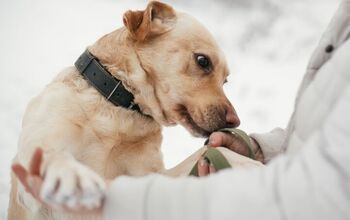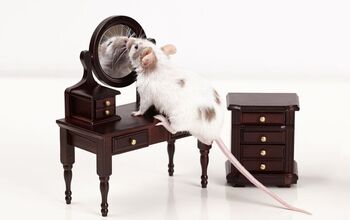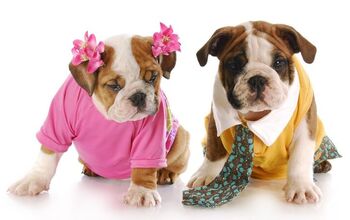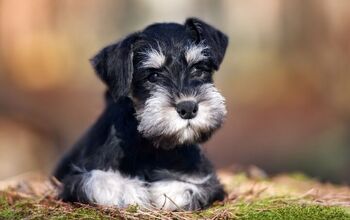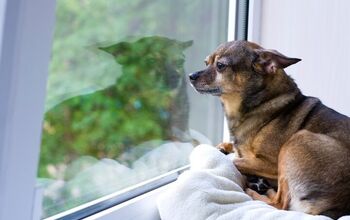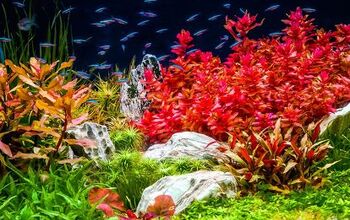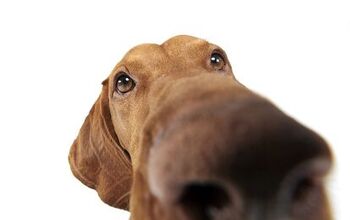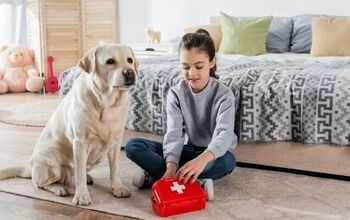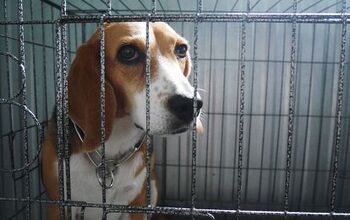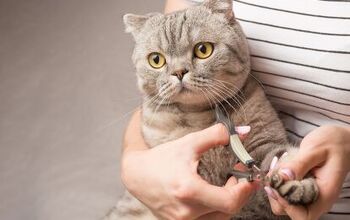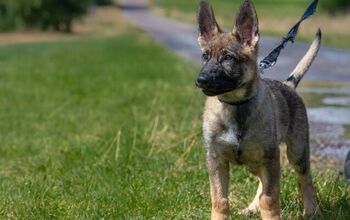Miniature Husky


About Miniature Husky
We all love Siberian Huskies. They are amongst the most gorgeously majestic of all dog breeds. To even gaze at the sight of these beautiful wolf-like creatures, is to fall in love with them. The only problem is that Siberian Husky’s derive so much of their power and beauty from their sheer scale. These dogs are big boys and need the space to live out their big boy life. Not every doggo lover who desires a Siberian Husky has the space for one. Fortunately for those folks, there is a solution.
If you love the look of a Siberian Husky but can’t handle the size and energy of the breed, the Miniature Husky might be more your speed. These dogs have the appearance and temperament of the Siberian Husky but they are much smaller and more manageable. Naturally, these petite pooches are also a great option for people who live in an apartment. They’ll be perfectly content living in a home without a big yard- as long as you provide exercise otherwise. Don’t expect these miniature huskies to have miniature desires for exercise. That would be a mistake. These adorable little guys can wear you out.
As a compact version of the Siberian Husky, these adorable dogs display all the traits of their bigger counterparts. While this includes a lot of lovable quirks, you should be prepared to deal with a few less than desirable qualities. Miniature Huskies might be cute, but they will be loud, they will be difficult to train and they are notorious escape artists. Unless you’ve had previous experience with active, strong-willed dogs, these petite doggos might not be the best pet for you. They might small in stature, but this little pups have big personalities and will make big demands on their owners. This is a decision to take quite seriously.
Of course, if you’re willing to properly train and socialize these beautiful canines, you will be in for a real treat. Mini Huskies (also known as the Miniature Siberian Husky) are a loving and energetic breed. They are always eager to spend time with their families, especially if it involves a game. In case you are looking for an entertaining and engaging dog, the Miniature Husky may be right for you. You’ll never be board when your Mini Husky is around, for better or worse.
These dogs have the appearance and temperament of the Siberian Husky but they are much smaller and more manageable than their super-sized brethren.
The first Miniature Husky was bred by Bree Normandin during the 1990s. Normandin’s goal was to achieve a smaller version of the Siberian Husky, so she selectively bred standard huskies that were exceptionally small. This is the same breeding practice used to breed Miniature Huskies today. These pups don’t just pop up naturally. They need to be carefully bred by specialists.
Related: 10 Best Harnesses For Miniature Huskies
The Miniature Husky has the same pedigree as the Siberian Husky, it is just selectively bred for its smaller size. The breed comes from the Spitz genetic family, descendant from the original sled dogs found throughout the northern hemisphere. These pups are a new spin on an old classic..
Experts think that the Siberian Husky was first bred by Chukchi, a tribe of Siberian nomads. In its earliest days, the breed was a combination of a working dog for pulling sleds, and a family pet that bundled with children, providing warmth. Interestingly enough, even well over a century later, these dogs still excel in the same roles. Granted, they tend to serve as snuggly family pets more than working dogs now, but plenty of Huskies still pull sleds under the right circumstances. It’s just not as necessary of a skill in the suburbs.
Most dogs do well on high-quality dry dog food since it is formulated to meet the dietary needs of an average canine. In addition to being nutritious, kibble is also a convenient option. That’s because it’s easy to find in every pet store and there’s an impressive variety to choose from at quite reasonable prices. When it comes to your Miniature Husky, you’ll want to get dry food that’s ideal for their unique needs. But, in the case of these adorable dogs, the choices might not be as obvious as you might think. These pups are full of surprises.
Because Mini Huskies are an active and energetic breed, you might want to consider feeding them a dog food formulated for active dogs. However, a small-breed dog food formula is not recommended because the Miniature Husky is really just a smaller version of the larger Siberian Husky. As a result, its energy requirements are closer to those of the Siberian Husky than a traditional small-breed dog. In other words, these a little pups with big doggo needs. In addition to their size and activity level, their age (puppy, adult, senior) should be also be factored in the choice of their food. These dogs develop different dietary needs throughout their lifespan.
Yet, it should go without saying that while these miniature dogs do better on food formulated for full-sized Huskies than fellow small breed dogs, they do need a much smaller amount of of that food. Obesity is a big issue for Huskies and even much more so for the Miniature Huskies. If overfed, these dogs gain weight quickly and that can lead to a myriad of health issues even more quickly. Make sure to follow the feeding guide and don’t let your pet free feed. These pups need a carefully monitored diet to enjoy long and healthy lives. So always be careful and consult your vet to ensure that your Mini Husky gets the meal plan that they need and deserve.
The Miniature Husky is an intelligent breed that responds well to training.
The Miniature Husky is an intelligent breed, but they tend to be difficult to train. Stubbornness runs in the husky bloodline. Remember, just because they’re small and cute, it doesn’t mean that Miniature Huskies are that different from their bigger cousins. Much like the Siberian Husky, these selectively bred compact dogs need an experienced dog owner and are not a suitable choice for first-time owners and beginners. These pups don’t make training easy and will overwhelm any owner who is unprepared for the difficult task ahead.
To succeed in training a Miniature Husky, you’ll have to assert yourself as a pack leader. A confident, firm attitude, coupled with positive reinforcement methods, will give you the best results. In addition to using treats and praise as motivation, consider doing multiple shorter sessions instead of long stretches. These dogs need their training to be dynamic and it will be easier to teach them while you have their attention. Spoiler alert: it’s never for too long! So, if you plan on training your Mini Husky yourself, prepare to be patient. You’ll be playing a long game and while there will be times that it seems impossible, but you will get there eventually through love, perseverance, and of course, plenty of treats.
Related: 10 Best Toys For Your Miniature Husky
The size of a Miniature Husky largely depends on its breeding, but most weigh around 35 pounds.
Like larger specimens of the breed, the Miniature Husky is an intelligent and curious dog. These dogs are often known to be “escape artists,” finding ways to get over or under even the tallest fences. This breed has high energy levels so it needs plenty of mental and physical exercise to keep it under control. If your Mini Husky becomes bored, he is likely to develop problem behaviors like digging, barking or chewing. This breed tends to do well when kept with other dogs or pets for companionship. Mini Huskies need a lot of attention and distraction. So, if you are unable to provide that yourself, a furry friend will help out quite a bit.
As is true of the larger Siberian Husky, the Mini Husky displays several behaviors similar to the dog’s genetic ancestor the wolf. Rather than barking, Mini Huskies often howl. These dogs are also athletic and agile. When properly trained, the Mini Husky makes a great family pet because they are very loyal and affectionate. They tend to get along well with children and are not aggressive with other dogs. Though the Mini Husky may chase cats, they can be trained not to. Training might be difficult, but the pay off is absolutely worth it. All of the best things in life require effort. Your Mini Husky is no exception.
Related: 10 Best Leashes For Miniature Huskies
Because Miniature Huskies are simply smaller Siberian Huskies, they have the same health problems as the larger breed. The most common health problems seen in this breed include genetic conditions like glaucoma, progressive retinal atrophy, seizures and laryngeal paralysis. Fortunately, this breed has a very low risk for hip dysplasia. So that’s something!
The average life expectancy of this breed is between 12 and 14 years. About average for a dog of this size.
Related: 10 Best Bowls For Miniature Huskies
The Miniature Husky is an active and energetic breed that requires a lot of daily exercise. This breed can happily live in a house without a yard, but they do require long daily walks and plenty of playtime. Even if you do have a yard, it is unwise to leave a Mini Husky unsupervised for long. These dogs are notorious escape artists and they will find away to get out of your yard and explore the neighbourhood. However, this isn’t necessarily guaranteed. As long as you keep your Mini Husky mentally and physically stimulated, you shouldn’t have to worry about the development of problem behaviors. Giving these dogs the love, attention, stimulation, and exercise that they need goes a long way to avoiding any potential pitfalls.
Like larger specimens of the breed, the Miniature Husky is an intelligent and curious dog.
Because the Miniature Husky is not genetically different from the Siberian Husky, the AKC does not recognize it as a separate breed. Rather, it is regarded a size variation of the Siberian Husky which belongs to the Working Group.
Related: 10 Best Collars For Your Miniature Husky
The Miniature Husky has a thick double coat designed to protect the dog from harsh weather. The coat has a dense undercoat and a longer topcoat that has short and straight hairs. Because this breed’s coat is so thick, they require regular brushing and grooming to control shedding. This breed does shed its coat during the spring so you will need to do some extra grooming at that time. Consider it a seasonal grooming routine and make sure to mark it on your calendar.
Miniature Huskies exhibit all the same colors and patterns as the larger Siberian Husky. The most common colors for this breed are black and white or red and white. Other colors may include grey, copper, agouti or even all white. Most specimens of the breed exhibit masks, spectacles, or other facial markings.
The average litter size for the Miniature Husky is fairly large, often between 9 and 11 puppies. As puppies, Miniature Huskies are little balls of fur filled with energy and affection. You’ll be tempted to dedicate all your time together to playing and cuddling, but it’s essential to start with training as early as possible. Timely socialization and training will ensure your new puppy becomes a friendly, well-behaved dog. You have a small window to establish your alpha position in the relationship and it’s important not to waste that opportunity.
When they grow up, these small dogs make great companions and family pets. As your Miniature Husky matures he will form a close bond with you but will continue to maintain his youthful energy and curiosity. These are dogs that feel more like members of the family than pets. Like all relatives, you will have times of strife with your Mini Husky, but the lifelong connection will be more than worth the effort.
Photo credit: Taisya Korchak/Shutterstock; Wirestock Creators/Shutterstock

Kate Barrington is the loving owner of two cats (Bagel and Munchkin) and a noisy herd of guinea pigs. Having grown up with golden retrievers, Kate has a great deal of experience with dogs but labels herself a lover of all pets. Having received a Bachelor's degree in English, Kate has combined her love for pets and her passion for writing to create her own freelance writing business, specializing in the pet niche.
More by Kate Barrington



